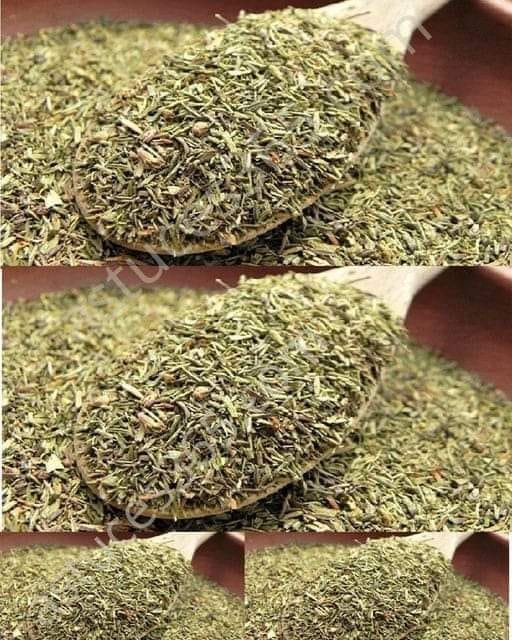1. Fibromyalgia
Fibromyalgia is a chronic condition characterized by widespread muscle pain, fatigue, and tenderness. Managing fibromyalgia often involves a combination of medication, lifestyle changes, and alternative therapies. Thyme may offer relief for fibromyalgia symptoms due to its anti-inflammatory and analgesic (pain-relieving) properties.
- Anti-Inflammatory Benefits: The thymol in thyme helps reduce inflammation, which can alleviate muscle pain and tenderness associated with fibromyalgia.
- Muscle Relaxant: Thyme’s soothing properties can help relax tight muscles and reduce discomfort.
How to Use: Incorporate thyme into your diet by adding it to soups, stews, or herbal teas. You can also use thyme essential oil in a diffuser or dilute it with a carrier oil for a soothing massage.
2. Rheumatoid Arthritis
Rheumatoid arthritis (RA) is an autoimmune disorder that causes joint inflammation, pain, and stiffness. Managing RA typically involves medications and physical therapy. Thyme’s anti-inflammatory and antioxidant properties can complement traditional treatments and help ease RA symptoms.
- Reduction of Joint Inflammation: Thyme’s anti-inflammatory compounds can help reduce swelling and pain in the joints.
- Antioxidant Support: The antioxidants in thyme combat oxidative stress, which is linked to joint damage in RA.
How to Use: Use thyme in your cooking to benefit from its anti-inflammatory properties. You can also apply thyme essential oil topically to affected joints, mixing it with a carrier oil like coconut or olive oil.
3. Thyroiditis
Thyroiditis is inflammation of the thyroid gland, which can lead to hormonal imbalances and symptoms like fatigue, weight changes, and mood disturbances. Thyme can support thyroid health through its anti-inflammatory and antioxidant effects.
- Anti-Inflammatory Effects: Reducing inflammation in the thyroid gland can help manage symptoms and support overall thyroid function.
- Immune System Support: Thyme’s antimicrobial properties can support the immune system, which plays a crucial role in managing autoimmune thyroiditis.
How to Use: Include thyme in your diet through herbal teas, seasoning for meals, or thyme-infused water. Thyme essential oil can also be used in aromatherapy to support thyroid health.
4. Additional Health Benefits
Thyme offers a range of other health benefits that complement its effects on fibromyalgia, rheumatoid arthritis, and thyroiditis:
- Digestive Health: Thyme aids digestion and can help relieve symptoms of indigestion and bloating.
- Respiratory Health: Thyme’s antimicrobial properties can help treat coughs, bronchitis, and other respiratory issues.
- Immune System Boost: The antioxidants and vitamins in thyme support overall immune function, helping the body fight off infections and illnesses.
How to Incorporate Thyme into Your Routine
- Herbal Tea: Brew thyme tea by steeping fresh or dried thyme leaves in hot water for 5-10 minutes. Enjoy this tea daily for its health benefits.
- Culinary Uses: Add thyme to soups, stews, sauces, and marinades to enhance flavor and benefit from its therapeutic properties.
- Essential Oil: Use thyme essential oil in a diffuser or dilute it with a carrier oil for topical application. Perform a patch test before using it extensively to ensure there is no allergic reaction.
- Thyme-Infused Water: Infuse water with fresh thyme leaves for a refreshing and health-boosting drink.
Precautions and Considerations
- Consultation: Before using thyme for medicinal purposes, consult with a healthcare professional, especially if you have underlying health conditions or are on medication.
- Allergies: Ensure you are not allergic to thyme or its essential oil. Perform a patch test if using it topically.
Conclusion
Thyme is more than just a kitchen staple; it’s a powerful herb with significant health benefits. From alleviating symptoms of fibromyalgia and rheumatoid arthritis to supporting thyroid health, thyme’s anti-inflammatory, antioxidant, and antimicrobial properties make it a valuable addition to your health regimen. Incorporate thyme into your diet and wellness routine to take



